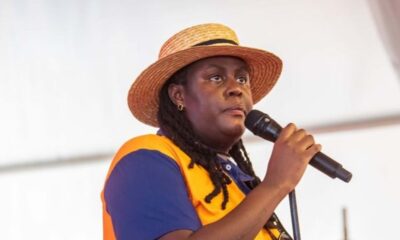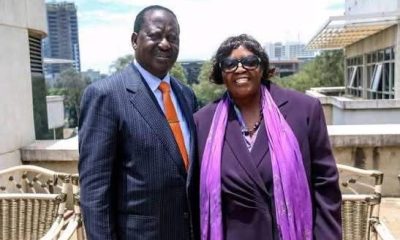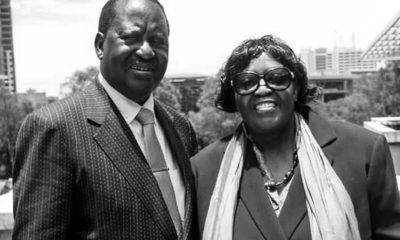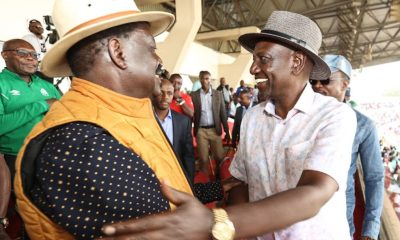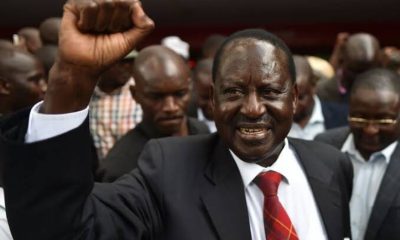Politics
Is There Plot to Push Kenya’s 2027 Elections to 2028?
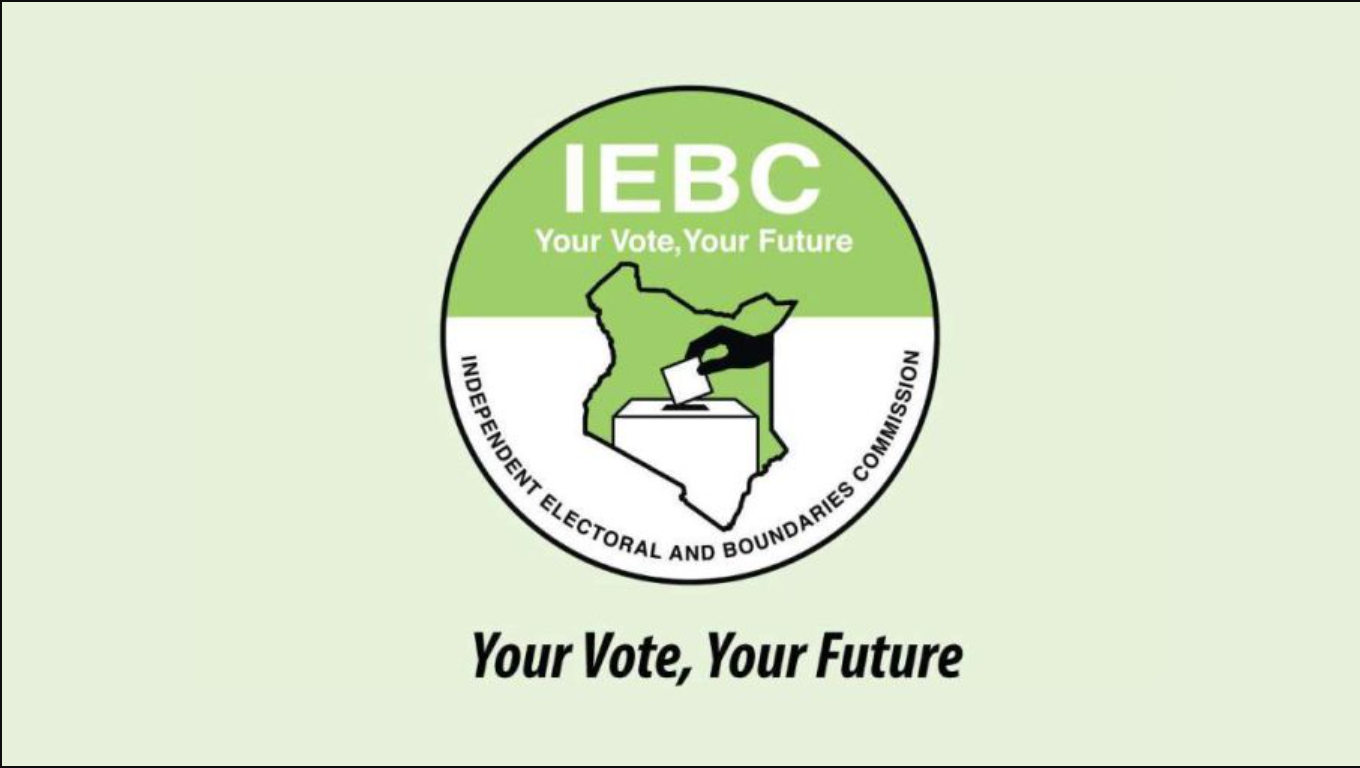
A storm is brewing around Kenya’s democratic calendar. The 2027 General Election might not happen as scheduled. A powerful clique close to President William Ruto and opposition leader Raila Odinga is quietly working on a strategy to shift the vote to 2028.
Their plan? A national referendum to amend the constitution and push reforms before the next polls.
Kenya Insights has learned that both camps believe the current constitution is outdated and politically toxic.
If the plan succeeds, 2027 will become a voter registration year, with the actual elections held a year later.
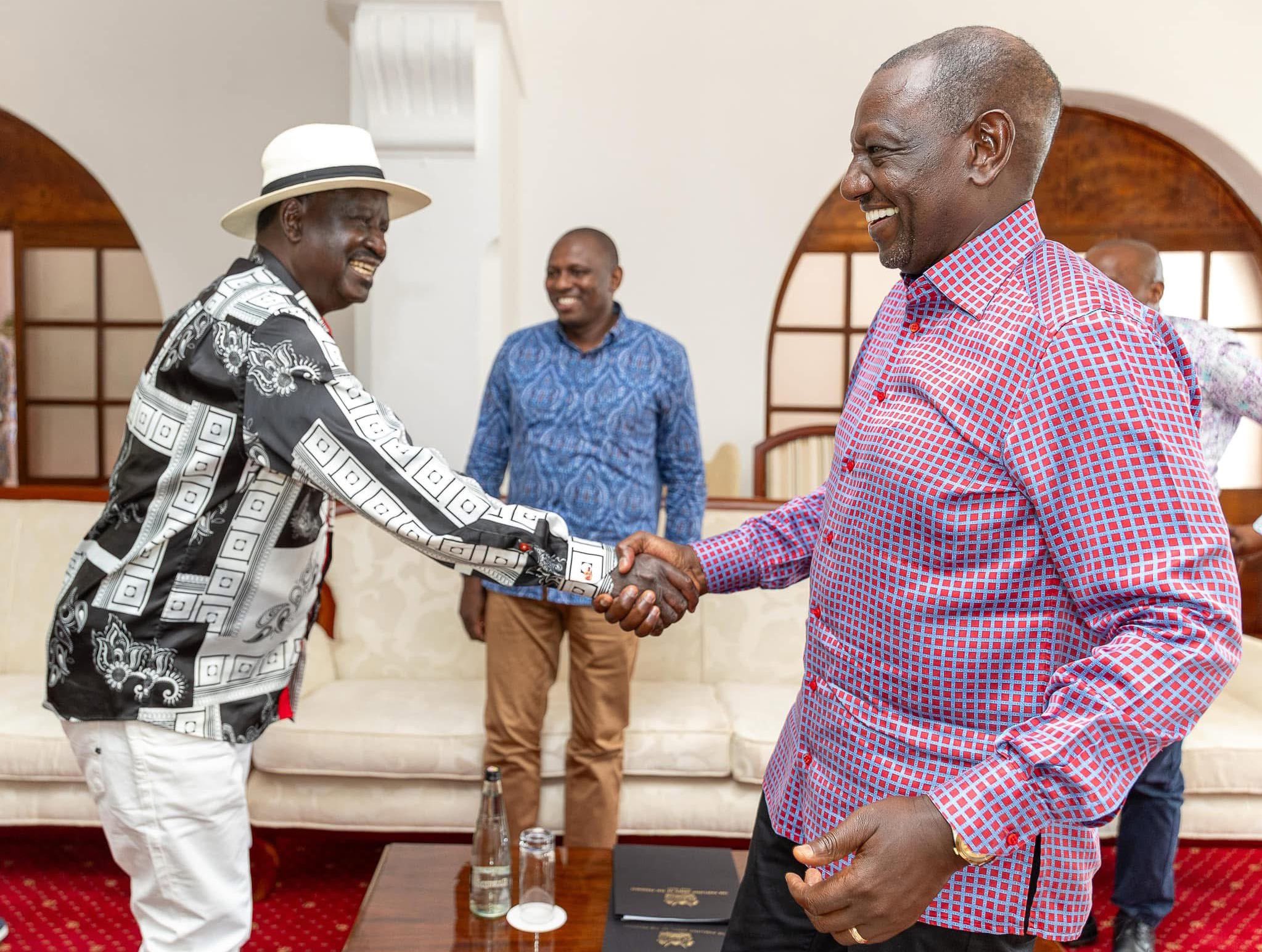
Any attempts to engineer the 2028 elections behind closed doors will only sow chaos and distrust. Kenya has walked this road before. The lesson? True change comes not from elite deals but from the will of the people. [Photo: Courtesy]
Why the 2028 Elections Agenda Is Being Pushed Hard
At the heart of the proposed 2028 elections is a move to overhaul Kenya’s 2010 Constitution. Insiders reveal that both President Ruto and Raila Odinga believe that proceeding with the next election under the current framework will only revive old political wounds.
They argue that the document, now 14 years old, contains unresolved issues that continue to threaten national stability.
The plan is to call for a national referendum in 2026. This would allow for key amendments to be introduced — such as redefining election boundaries and revising the official election date.
The same referendum will install a new electoral body to replace the current Independent Electoral and Boundaries Commission (IEBC). The proposed new IEBC will then oversee the next General Election.
Critics warn that this push is not just about reforms. Many see it as a way for political elites to buy time and realign their support bases. After the Gen Z protests that rocked the Ruto administration, insiders say State House is in panic mode.
The referendum provides a chance to calm the political heat, rebuild public trust, and perhaps sneak in changes that can help regain lost ground.
One of the biggest justifications being pushed is the need for a fresh voter register. The current one will be used for the referendum, but a new registry is expected to be rolled out in 2027.
That means voters will head to the ballot in 2028 — not 2027 — using the new list. Officials claim this timeline ensures a more credible, inclusive, and peaceful election.
Hidden Hand of the Handshake Era
This proposal marks a clear revival of the “handshake” politics that defined Uhuru Kenyatta and Raila Odinga’s power-sharing period. Though that alliance died ahead of the 2022 elections, its shadow still lingers.
The Building Bridges Initiative (BBI), which tried to amend the constitution then, was killed by the courts. Judges ruled that President Uhuru had no authority to initiate constitutional changes.
This time, Ruto and Raila are seeking to do it “by the book” — through a people-driven referendum. But critics are not buying it. They say the plan is simply BBI 2.0 in disguise. Just like before, the proposal includes expanding executive positions and strengthening devolution.
It also pushes for ethnic inclusivity, more youth programs, anti-corruption reforms, and fair public appointments. However, what makes this plot different is timing. The political class is preparing for Raila’s exit from the stage.
Without him, the chances of future “handshake deals” to cool down post-election tensions are slim. Politicians fear that new players won’t entertain such deals, leading to instability. Thus, amending the constitution now is seen as a way to prepare for that uncertain future.
Still, many argue that these moves only serve to entrench elite interests. The very democracy they claim to defend may end up more damaged, not better. Delaying elections to 2028 removes power from the people and gives it to the ruling class.
The 2028 Elections May Erode Kenya’s Democracy
Delaying elections has never been popular in Kenya. It brings memories of manipulation, broken promises, and unrest. While power-sharing agreements have brought short-term peace in the past, they’ve also undermined democratic growth.
Many fear that pushing the elections to 2028 will set a dangerous precedent. If politicians can shift dates to suit their convenience, then democracy becomes a game of numbers — not rights. Today it’s 2028. What about 2034 or 2040?
Kenya is already reeling from economic hardship, youth unemployment, and runaway corruption. Postponing elections will likely worsen public distrust. Citizens may view it as a way to cling to power under the excuse of reforms.
And after the Gen Z-led demonstrations, any move seen as silencing the people could explode. What’s more, the push is happening quietly. No major public campaign has been rolled out yet. The discussions are happening in closed rooms, between political elites — not the people. That secrecy raises red flags.
If the constitution must be changed, it should happen transparently and with full citizen participation. Rushing or hiding it behind referendum technicalities only deepens suspicion.
Conclusion
The move to shift Kenya’s next general election to 2028 is not just a calendar change — it’s a political earthquake. At stake is not just when Kenyans vote, but how their democracy evolves. While some reforms may be necessary, the process must be open, fair, and genuinely people-led. Any attempts to engineer the 2028 elections behind closed doors will only sow chaos and distrust. Kenya has walked this road before. The lesson? True change comes not from elite deals but from the will of the people.
Kenya Insights allows guest blogging, if you want to be published on Kenya’s most authoritative and accurate blog, have an expose, news TIPS, story angles, human interest stories, drop us an email on [email protected] or via Telegram
-

 Business2 weeks ago
Business2 weeks agobetPawa Empire Crumbles: Mr Eazi’s Betting Gambit Unravels Amid Partner’s Shadowy Deals
-

 Business1 week ago
Business1 week agoMinnesota Fraud, Rice Saga, Medical Equipment Deal: Why BBS Mall Owner Abdiweli Hassan is Becoming The Face of Controversial Somali Businessman in Nairobi
-

 News1 week ago
News1 week agoDCI Probes Meridian Equator Hospital After Botched Procedure That Killed a Lawyer
-

 Politics1 week ago
Politics1 week agoYour Excellency! How Ida’s New Job Title From Ruto’s Envoy Job Is Likely to Impact Luo Politics Post Raila
-

 Investigations2 weeks ago
Investigations2 weeks agoEXPOSED: SHA Officials Approve Higher Payments for Family, Friends as Poor Patients Pay Out of Pocket
-

 News1 week ago
News1 week agoKenya Stares At Health Catastrophe As US Abandons WHO, Threatens Billions In Disease Fighting Programmes
-

 Business1 day ago
Business1 day agoCooking Fuel Firm Koko Collapses After Govt Blocks Sh23bn Carbon Deal
-
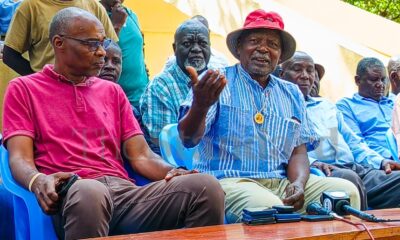
 Politics2 weeks ago
Politics2 weeks agoJaramogi Clan Tells Raila Jr, Winnie Against Disrespecting Their Uncle Oburu, Warns of Curses



